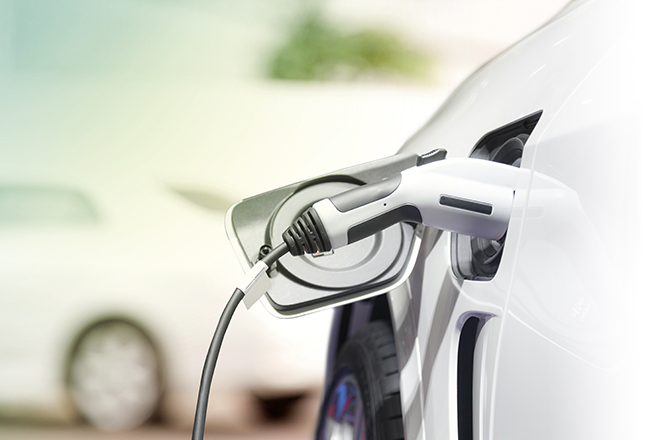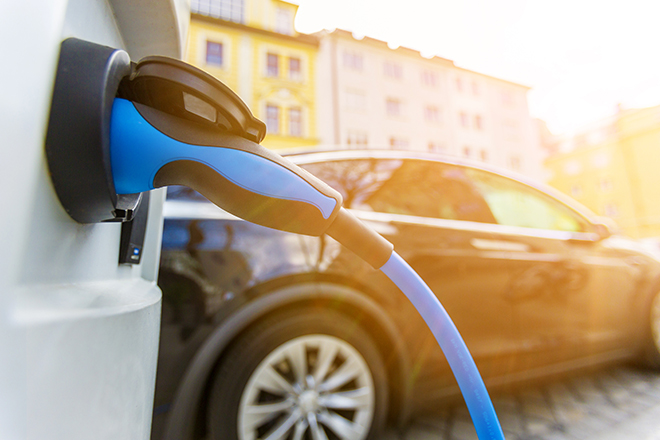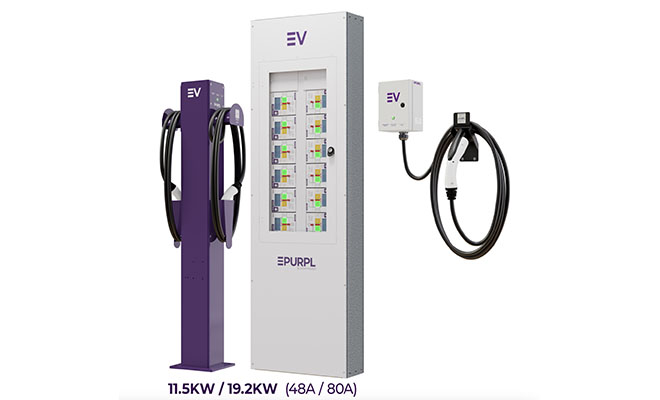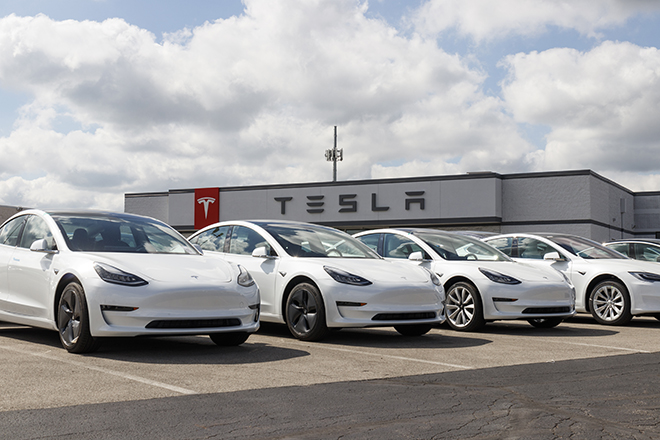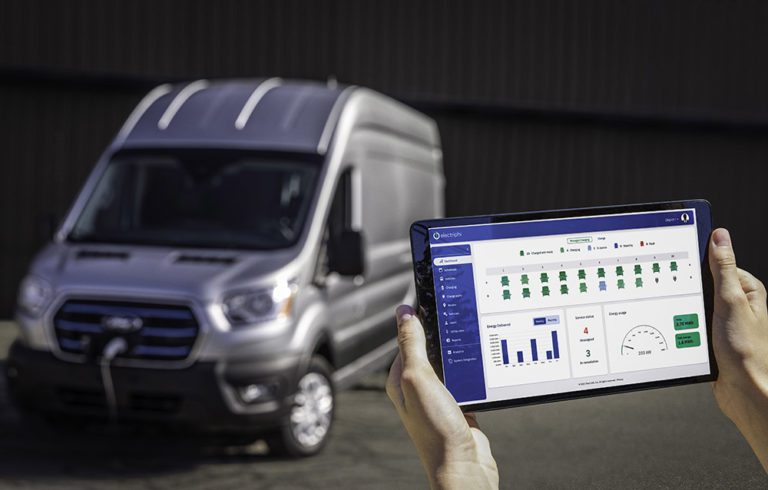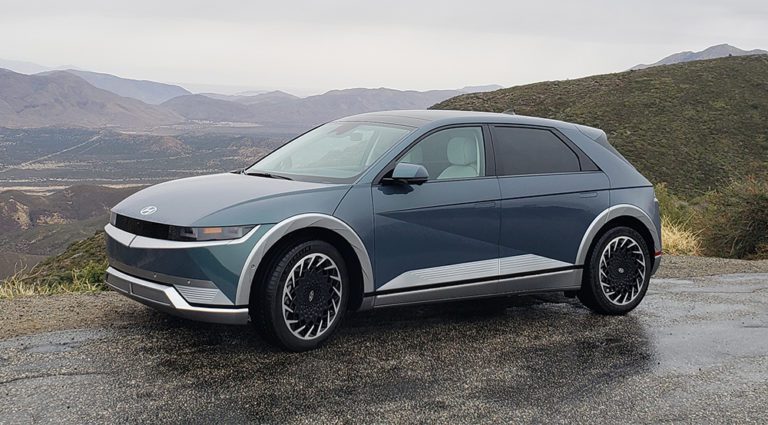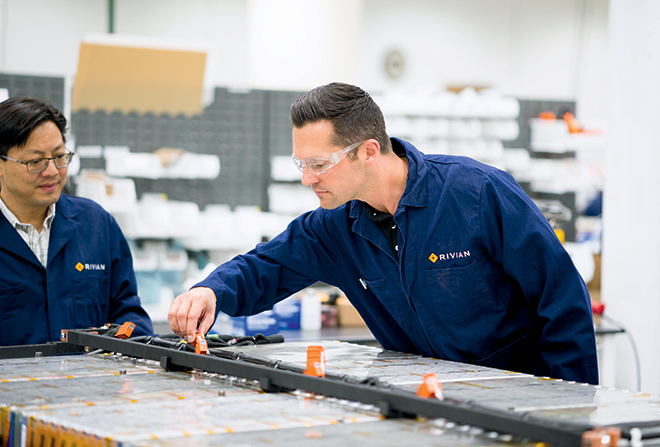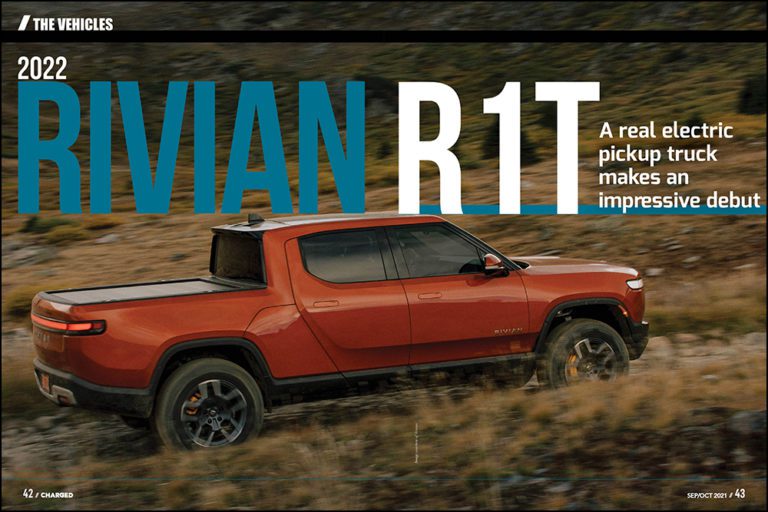Based on a report from the National Renewable Energy Laboratory (NREL), the DOE says that between the last quarter of 2019 and the first quarter of 2021, 9,894 workplace chargers were installed in the US. The DOE defines workplace chargers as private charging stations for the use of employees only. The DOE reported that by… Read more »
Search Results Found For: "DOE"
Utrecht plans to be a bidirectional city, turning its EVs into a giant battery
The Dutch city of Utrecht is already pretty green. The rate of car ownership is far lower than in the US. The city boasts the world’s largest bike parking garage and an extensive network of bike lanes, and a new car-free neighborhood for 20,000 people is on the drawing board. Even here, however, cars aren’t… Read more »
Atom Power’s charging solution charges EVs directly from the circuit breaker
Atom Power, manufacturer of a UL-listed solid-state digital circuit breaker, has launched a new EV charging solution called PURPL, which charges vehicles directly from the circuit breaker, and incorporates energy management technology to keep electricity costs low. Because PURPL charges EVs directly from the breaker, the charging station itself does not contain expensive electronics—it’s simply… Read more »
New York City orders hundreds of Tesla Model 3s for municipal fleet
In October, New York City announced a new investment of $75 million in electric vehicles and charging infrastructure, as part of a plan to transition its entire vehicle fleet to EVs. The current phase of the plan includes purchasing 300 EVs to replace fossil fuel-powered models. Now Tesmanian reports that this will include hundreds of… Read more »
Ford Pro Charging offers comprehensive commercial EV charging solution
Ford Pro, a division of Ford that caters to commercial fleet customers, has launched a comprehensive solution for commercial EV charging. The new Ford Pro Charging program is designed to help ease the complex transition from ICE to EV fleets by delivering software and commercial hardware infrastructure to support charging and energy management. “Customers are… Read more »
The advantages and limitations of wire bonding in EV applications
Sponsored by Kulicke & Soffa By: Peter Klaerner, senior manager for Wedge Bond Systems Engineering, Kulicke & Soffa Wire and ribbon bonding have traditionally been the methods of choice for creating reliable interconnects in the electronics industry. The progress in electric vehicle production has created the need for better, more reliable interconnects that can be… Read more »
2022 Hyundai Ioniq 5: Strong new electric SUV competitor
Hyundai’s new compact EV crossover is good enough to sell every unit the company imports—the question may be how high that number will be. The 2022 Hyundai Ioniq 5 is the Korean brand’s first dedicated electric vehicle, positioned at the heart of the fastest-growing part of the market: compact crossover utilities. The premium electric SUV… Read more »
Rivian to build $5-billion battery and assembly plant near Atlanta
Rivian Automotive is the brightest rising star in the EV firmament at the moment, and it’s flush with cash following a $11.9 billion stock offering in November. Now the company has announced plans to put some of that nest egg to work at a new $5-billion battery and assembly plant east of Atlanta, which is… Read more »
2022 Rivian R1T: A real pickup truck makes an impressive debut
Could Rivian emerge as “the next Tesla?” On the strength of its debut truck, that’s not an unreasonable question. If you want to attract attention, keeping a company in stealth mode for several years is a good way to do it. The startup carmaker Rivian was founded a decade ago by RJ Scaringe, but it… Read more »
White House releases details of EV charging infrastructure plan
The EV industry applauded the inclusion of a plan to fund charging infrastructure in the Infrastructure Investment and Jobs Act (IIJA)—now rechristened the Bipartisan Infrastructure Bill (BIB)—that President Biden signed into law in November. However, until now we didn’t know exactly what we were cheering for. Now the administration has released an EV Charging Action… Read more »







